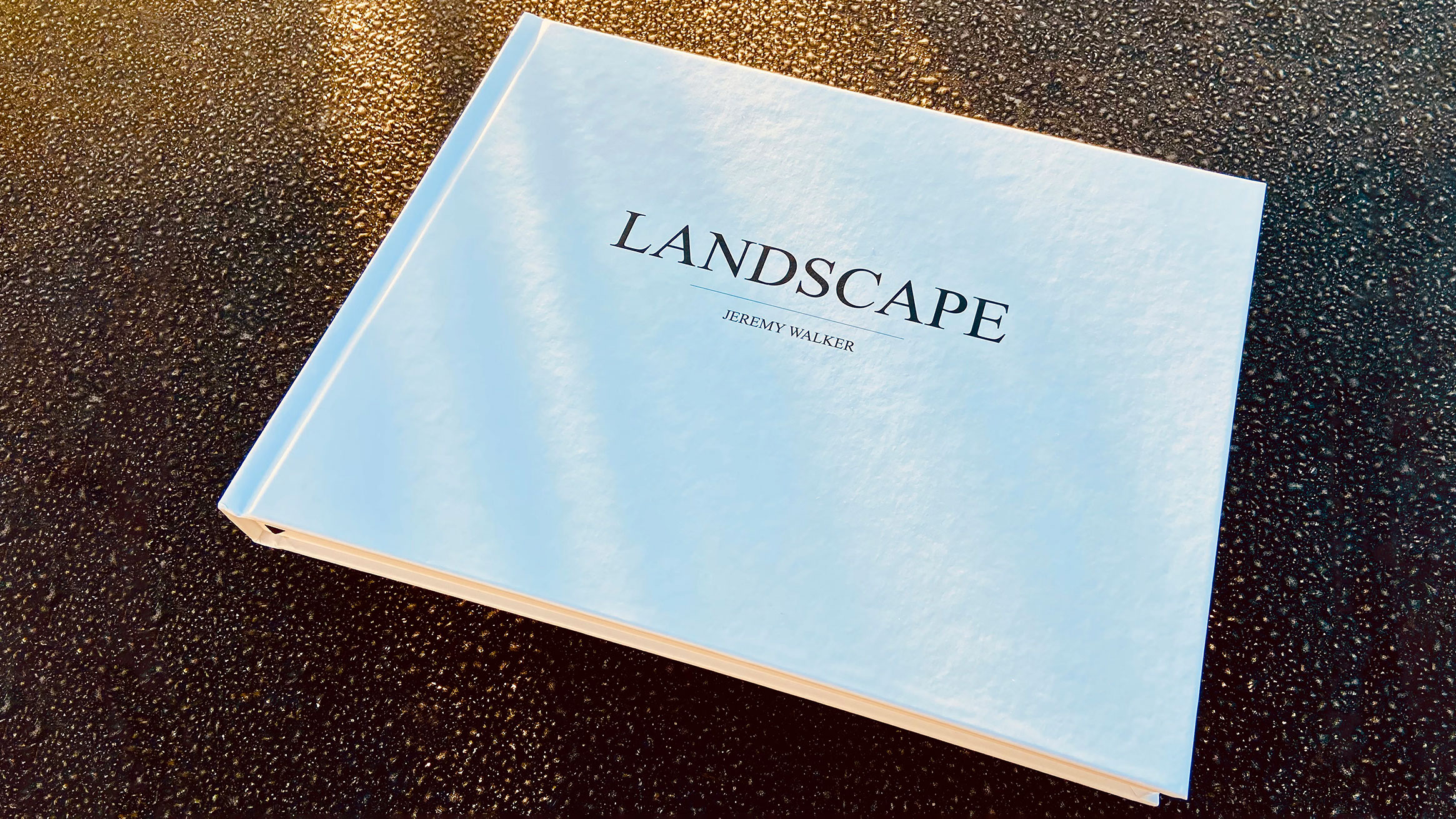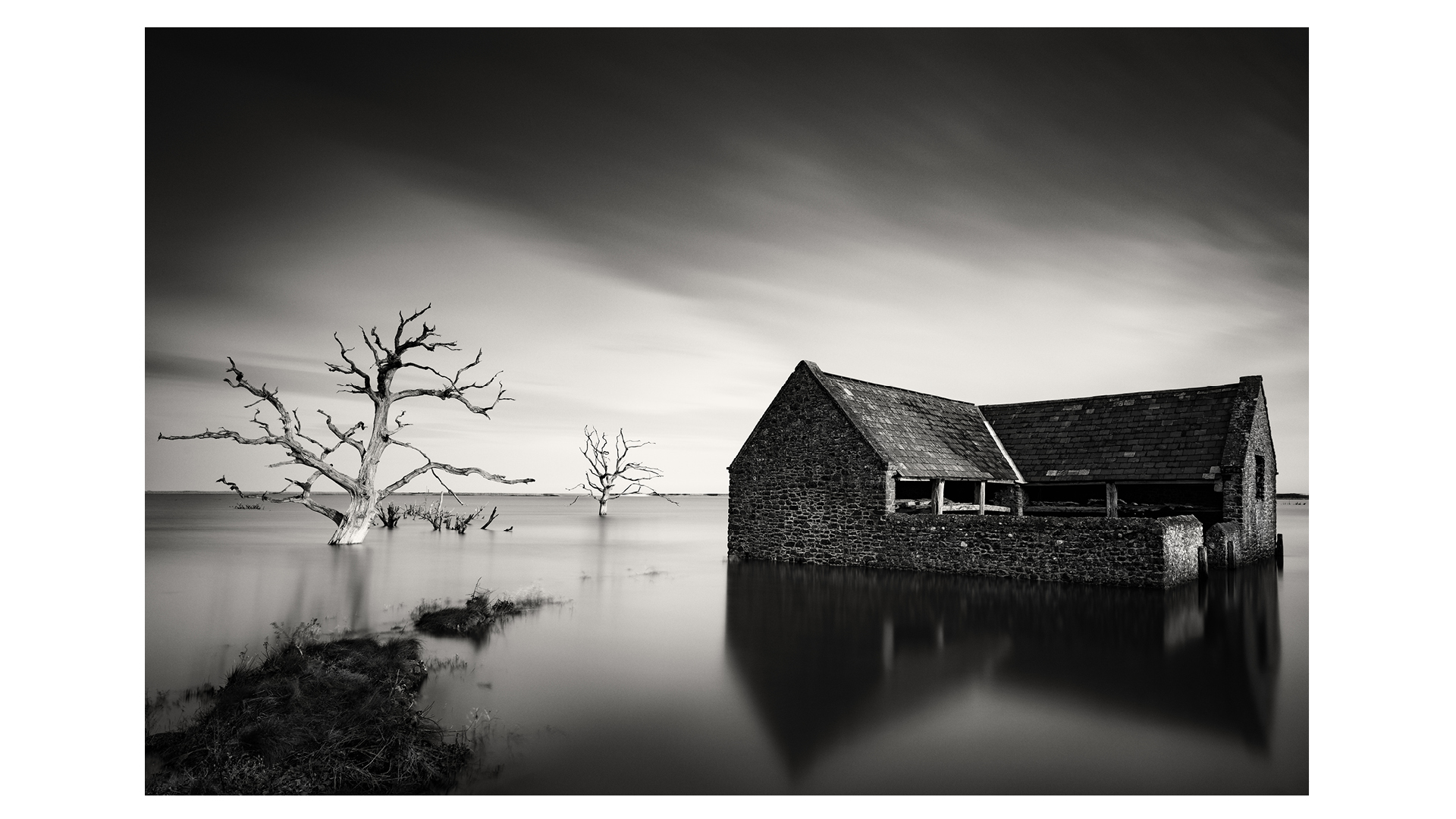
Back in the early 1980s when I was a photography student, I had many ambitions. The top three were: To photograph a glossy, new camera brochure for Nikon; to have my work published by National Geographic, and to have a high-quality "coffee table" book published.
I managed the first two on the list but the third, getting a book published, had eluded me. A few years ago, I was offered a joint authorship with another photographer to produce a ‘How To’ book. For various reasons (ego, stupidity, ignorance, etc.) I turned it down, which I have regretted ever since.
Not long after, I approached a publisher with my portfolio with an idea for a book. They were polite, took time to see me, and then shot me down in flames. However, they gave me a whole heap of advice so that the next time I approached them, or another publisher, I would be better prepared.
I went away, took on board what I had been told and went to see a major publisher in the photographic industry. I was rejected again. The idea may have been good, and I am convinced the book would be fantastic, but from the publisher’s point of view, they needed to make money. My book was not commercial enough for them. I was very disappointed, but I get it – for a publisher, it’s all about the bottom line.
Fast forward a few years and the rules of printing and publishing have perhaps changed a little. Depending on the scale of the project and the size of print runs, laser printing can be an option, cheaper than traditional lithographic printing and certainly more accessible to photographers through the likes of Blurb, Bob’s Books, and Photo Box, to name but a few.

With online templates and easy-to-follow instructions it is a viable option for a short run, personal project. The quality is not bad either and distribution can be done through several outlets such as Amazon, eBay, and Etsy, all at a cost, of course.
As for my book? After a great deal of thought and deliberation, I finally went down the self-publishing route. My main thought process was this: If I only ever do one book, I want it to be the book I want it to be, and not constrained by a publisher’s need to make a profit.
I had a book designer recommended to me; he was brilliant. Not only did he design the book but he laid it all out ready for the printers. I hired a proofreader, which was essential, and I met the printer before making the final decision to go ahead. The book was printed on a five-colour litho press rather than laser printed, and I was there every day to check the proofs and sign everything off. Time-consuming, but again, essential.
So yes, you can get a book designed and printed yourself and you can purchase an ISBN barcode and number for your book, but there is one area a publisher will always have an advantage and it’s something called fulfilment.

You need to store, market, sell and distribute your book and again, this can be very costly and time-consuming. Publishers will have this down to a streamlined fine art, but for an individual it can be a complete pain. The fun is getting the book completed, the hard graft starts when you have a product to store, sell, and distribute.
When you are a landscape photographer who is on location, perhaps for days if not weeks at a time, who is going to accept the orders, package and then send out copies of your book when you are away? There are people and organisations who will do this for you, but their percentage will certainly eat into any profit you may have. For this reason, I handle my own distribution via my own website – jeremywalker.co.uk.
And so, do photographers have the upper hand?
The photographer/publisher dynamic has certainly changed over the last few years with technology playing a huge role. Photographers can certainly do personal book projects on a small scale without a publisher, but to get that book into the marketplaces you really want to be seen in, I think you still need a publisher who knows the industry inside out, can guide and advise you and most importantly, who believes in you.
If you're interested in it, we keep a guide to the best photo book services (and the best photo books in the UK). Fore more personal experience with a digital publishing service; read Adam's "Is a photography book really a book without a fancy launch party?"







